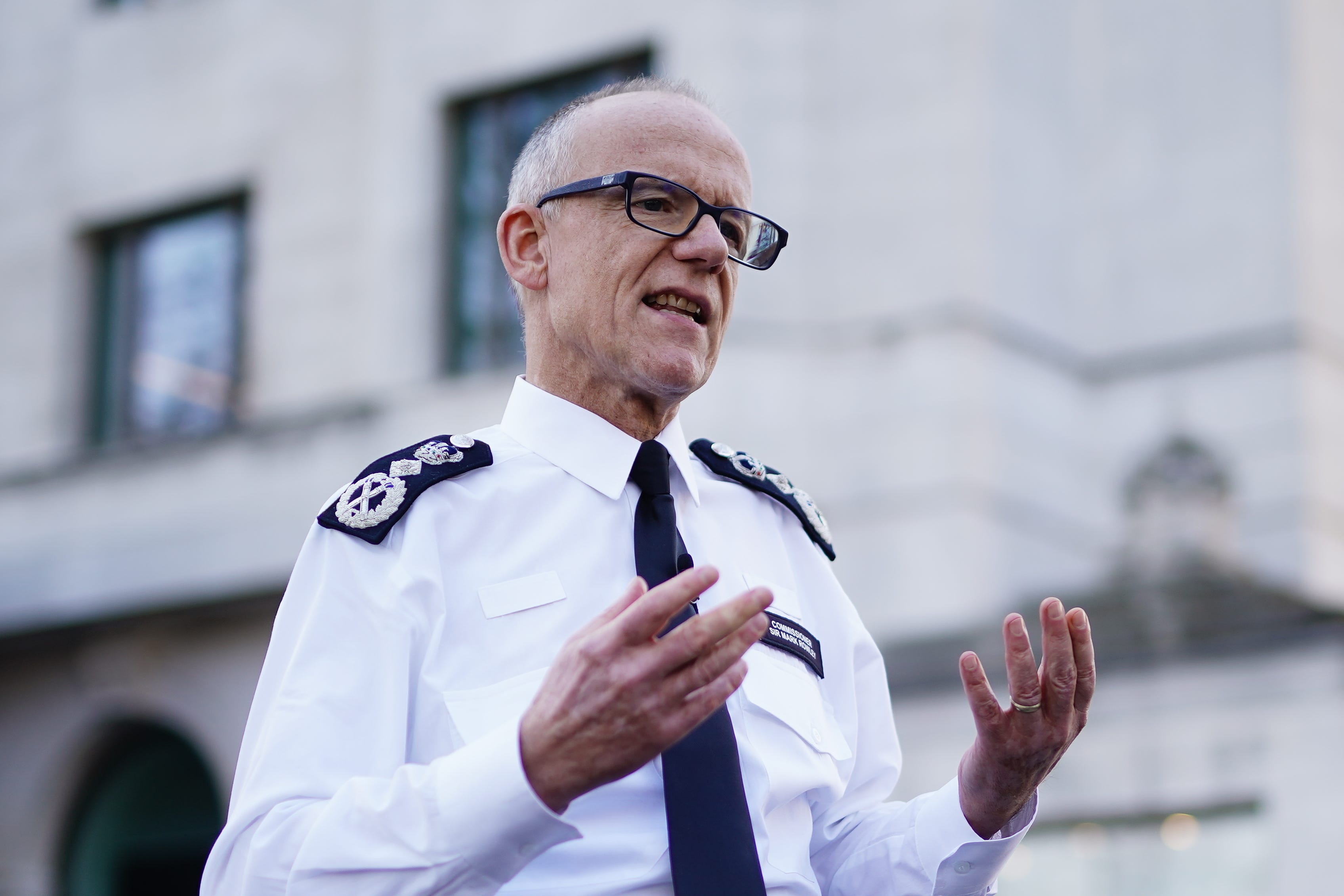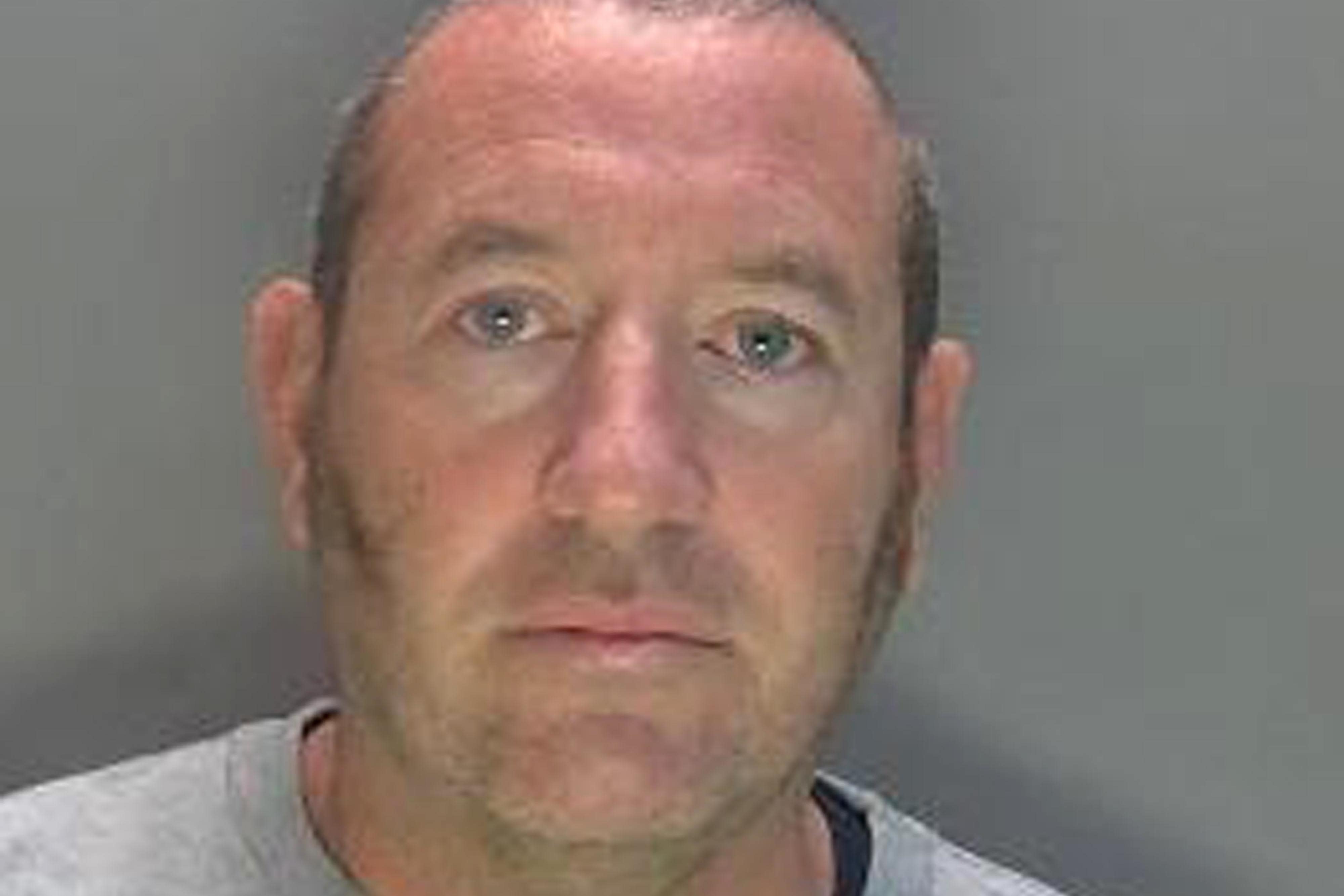Police staff with links to gangs, sex offenders and drug dealers slipped through vetting net, Home Office told
A watchdog found 13 cases of concern when examining 300 vetting files that police forces handled

Police staff with links to organised crime, sex offenders and drug dealers are still slipping through the vetting net despite warnings to tighten up checks, the Home Office has been warned.
His Majesty’s Inspectorate of Constabulary and Fire & Rescue Services (HMICFRS) found 13 cases of concern among 300 vetting files that police forces handled between 1 December 2022 and 31 January 2023, where clearance had been given to “unsuitable applicants”.
The cases included a member of police staff who had a connection with an organised crime group and another who had a history of allegations of domestic abuse against several partners.
There was also one applicant who had a family member who had been jailed for drug dealing, or serious sexual offences and was now a registered sex offender.
In a letter to Suella Braverman on Thursday, inspector of constabulary Matt Parr said: “In all 13 cases, we disagreed with the vetting decisions. We weren’t satisfied that the forces involved had adequately considered the risks associated with appointing the applicants.

“We were left with substantial questions about the wisdom of appointing them.”
It added that, in at least three cases, the force involved has withdrawn or suspended the vetting clearance after the HMICFRS raised its concerns.
In response, Ms Braverman said: “I expect all forces to redouble their efforts to implement all of the Inspectorate’s recommendations by the deadlines set.”
The letter laid out the progress police forces have made so far against the 43 recommendations in the watchdog’s November 2022 report, which the then-home secretary commissioned following the murder of Sarah Everard by serving Met Police officer Wayne Couzens.
Mr Parr said there had “undoubtedly” been improvements since the inspection and vetting appeared to have been “tightened”. However, he said that “not all forces can demonstrate acceptable progress on some recommendations” and “there are still some cases likely to cause concern”.
The inspectorate estimated that 73 per cent of its vetting-related recommendations have been or are likely to be addressed by the deadline. This figure was higher when it came to recommendations related to counter-corruption and misconduct, with an estimation of at least 90 per cent.
In November, the HMICFRS was instructed to inspect vetting, misconduct and misogyny in the police service.
After reviewing hundreds of police vetting files, the watchdog said it discovered too many cases where people should not have been allowed to join the police, including officers with criminal records or links to organised crime.
The inspectorate found police vetting standards were not high enough and that it was too easy for the wrong people to both join and stay in the police. It also concluded a culture of misogyny, sexism and predatory behaviour towards female police officers and staff and members of the public still existed and was even prevalent in many forces.
The Metropolitan Police’s vetting system came under fire in April after it emerged that convicted sex offenders were among those with criminal convictions still serving in the force.
Met commissioner Sir Mark Rowley said there are “sex offender cases” and “serious violence cases” among the 161 officers with criminal convictions – admitting the rules around getting rid of unfit staff were “crazy”.

Calling for powers to sack rogue cops, he said it was "nonsensical" he does not have the power to dismiss officers. "If you expect me to sort out the cultural issues in the Met and get rid of the people, then give me the power to do it,” he said.
In a case that highlighted the shocking gaps in processes, serial rapist David Carrick was allowed to remain in the Met Police for almost two decades, having passed two rounds of police vetting. This was because, despite the official recording of nine incidents, including rape and violent assault, he was never prosecuted.

As a result of that case, police officers will face tougher vetting checks after new requirements to re-vet officers after misconduct cases that are flagged but are not severe enough to stop someone from joining a force, were introduced in March.
The home secretary said on Thursday that the College of Policing will shortly publish the strengthened vetting guidelines.
Anyone unable to hold the most basic level of vetting clearance “should be dismissed from policing”, the College of Policing said, while those with higher levels of checks could be demoted.
There was already a presumption that anyone with a criminal conviction or caution should not pass vetting, especially for violent offences, dishonesty or targeting vulnerable people.
The recent guidance did not clearly describe what action forces should take against serving officers or new applicants who are accused of serious offences but not convicted, like Carrick.
In response to the progress report, Ms Braverman said: “The systems and decision-making around police vetting must be beyond reproach in every single police force across the country. That is why I asked the Policing Inspectorate to rapidly review the action being taken by forces to improve their processes.
“Good progress is being made, but there can be no excuses and I expect all forces to redouble their efforts to implement all of the Inspectorate’s recommendations by the deadlines set.
“The government is driving forward work to improve culture, standards and behaviour across policing – including reviewing the process to dismiss officers who fall far short – and I will continue to hold forces to account to restore public trust in the profession.”


